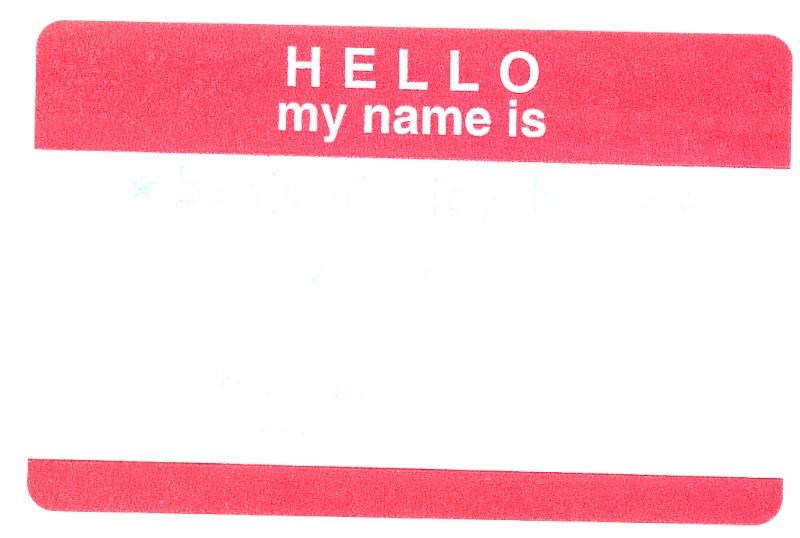Change Your Name, But Keep Your Ethnicity

This always surprises me, considering USC hosts one of the largest numbers of international students, at 13 percent, with well over 50 percent hailing from Asian countries. With this density, it should seem expected that these international students would be addressed by their actual name.
The reality is that professors are not the ones urging students to change their names. It is rather the students who insist on being referred to by their “American” names. Without giving the professor a chance to learn their name, the students have already taken on a defeated mentality.
This makes me wonder if people in the entertainment industry change their names for the same reason. I had always assumed that this was simply so they could be more marketable in the U.S. and other English speaking countries. Historically, many actors have taken on “stage names”, like Marilyn Monroe, who was originally “Norma Jeane Mortenson.” This switch to a more aesthetically appealing name certainly lent itself to her rise to stardom.
But this brings into question whether this change has other implications for people of color. Jackie Chan, born Chan Kong-sang, adopted a more “American” name when he came to the States. He thought that people could not pronounce it and wanted a more accessible name. Similarly, Charlie Sheen, originally Carlos Irwin Estévez, changed his name, for something more ambiguous with no tie to his Spanish heritage.
In these cases, people have made the transition to minimize potential discrimination and barriers to acceptance and recognition. This seems to be an effective tactic, as Sheen and Chan have both become established names in our society.
READ MORE: Should Lack Of Diversity In The Entertainment Industry Intimidate People Of Color?
But I myself am conflicted about this process. As an Asian American, I dislike hearing that people feel pressure to disassociate themselves with their background to be successful in the entertainment industry. People have often criticized actors like Sheen for escaping their heritage. One Facebook follower states “Sorry, 'Carlos' you should've stuck with your brother Emilio who didn't deny his roots to get more work.” His brother, Emilio Estévez, was able to make a name for himself without this change, and found success in his role as the brooding Andrew Clark in “The Breakfast Club.” But even so, Estévez wound up depicting an all-American boy with a Caucasian father, not sticking to his background.
Claudia Esquivel, a sophomore at USC pursuing a Business and Cinematic Arts joint degree, decided to shorten her last name to Vel, after being met with confusion while answering the phone during an internship. She made this compromise to avoid making other people feel uncomfortable and intimidated by the accent required to pronounce Esquivel.
This accommodation might be seen as problematic to some, but not to her.
Vel’s reason for the change stems not from a desire to hide her ethnicity; she embraces the fact that she is Latina and loves to declare her name and Mexican roots proudly at any chance she gets.
She admits that she is not quite accustomed to the modification, and states, “It doesn’t really feel like me when I have to change for others.” But ultimately she has accepted that Vel is more memorable and more easily articulated than Esquivel, and concludes, “It’s kind of sexy…don’t you think?”
So perhaps this transformation is more than we perceived. Many people in the industry, regardless of their ethnicity, change their names for more widespread appeal. We should not take immediate offense to people of color who may wish to do so as well. Appeasing to the public for pronunciation purposes may not be ideal, but if it can boost the individual’s confidence and allow them to focus on their career rather than this obstacle, we should not be opposed.
At the end of the day, a name change only goes so far. As long as these individuals have pride in where their roots lie, they are still positive reflections of their ethnicities and are contributing to the continued growth of representation of people of color in the industry.
"On Reel Diversity" is a column exploring the dynamics of ethnicity in film and television. Reach columnist Juliette Lin here.



